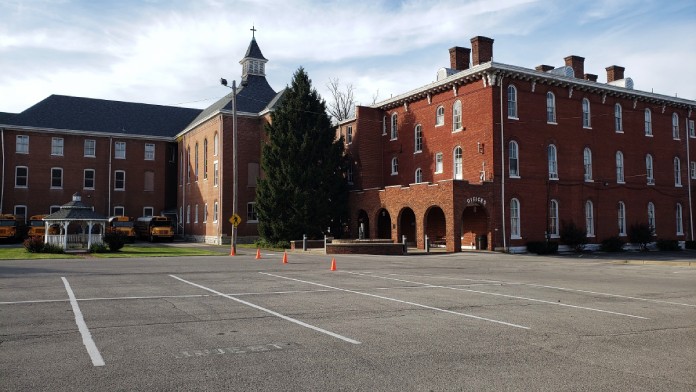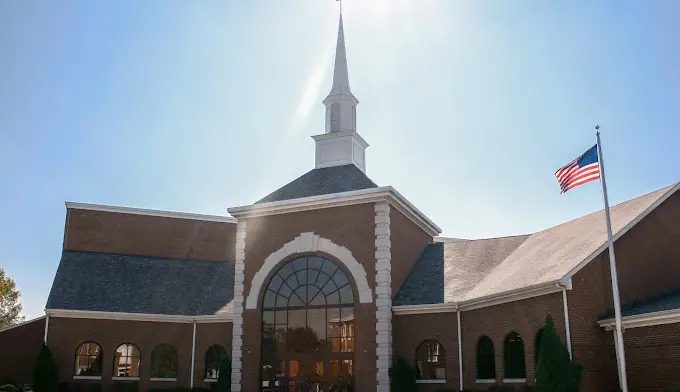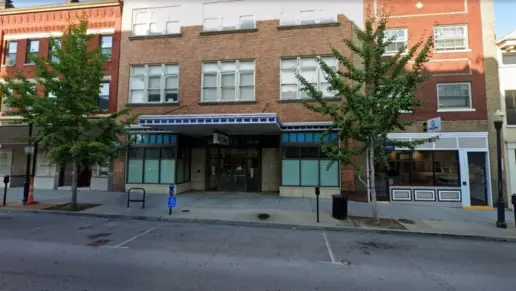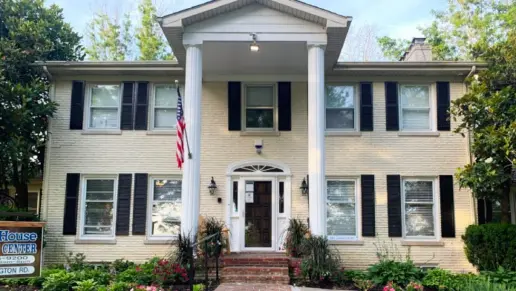About Shawnee Baptist Church
Shawnee Baptist Church offers a faith based addiction recovery program at their parish in Louisville, Kentucky. This program helps believers break the chains of addiction and become free through Christ. Emphasis is placed on the role of faith, prayer and personal relationship with God as the recipe for overcoming addiction or substance use disorder. They may integrate spiritual principles with traditional addiction treatment methods.
In addition to counseling and support groups, you’ll participate in various religious activities. This includes Bible study, worship and spiritual mentorship. This fosters not only physical and mental healing but also spiritual growth. That way you can find meaning, hope and strength in your faith during recovery. This approach delivers whole person support in a way that addresses addiction’s root causes while nurturing personal responsibility and emotional resilience. The best part is that you don’t necessarily need to be a Christian believer to participate. They are very welcoming to everyone committed to recovering from drug or alcohol addiction.
The weekly recovery program is held at 7 PM every Friday which makes it convenient for those with daytime commitments or busy schedules. Recovery classes are also held at 10 AM on Sundays.
Aftercare services may involve spiritual counseling, prayer groups and continued involvement in their religious communities to support lasting recovery. This church also provides access to food banks as part of their community wide support services. This can be beneficial to you if you need additional resources for stability and wellbeing during your recovery journey.
Rehab Score
Gallery


Location
Other Forms of Payment
Self-pay involves paying for treatment out of your own pocket. You can use savings or credit, get a personal loan, or receive help from family and friends to fund your treatment. If you don't have insurance or your insurance plan doesn't cover a specific program, self-pay can help ensure you still get the care you need.
Addiction Treatments
Levels of Care
Treatments
Substance rehabs focus on helping individuals recover from substance abuse, including alcohol and drug addiction (both illegal and prescription drugs). They often include the opportunity to engage in both individual as well as group therapy.
Programs


Clinical Services
Group therapy is any therapeutic work that happens in a group (not one-on-one). There are a number of different group therapy modalities, including support groups, experiential therapy, psycho-education, and more. Group therapy involves treatment as well as processing interaction between group members.
In individual therapy, a patient meets one-on-one with a trained psychologist or counselor. Therapy is a pivotal part of effective substance abuse treatment, as it often covers root causes of addiction, including challenges faced by the patient in their social, family, and work/school life.
Amenities
-
Residential Setting
-
Private Rooms
Contact Information
2214 Bank St.
Louisville, KY 40212


